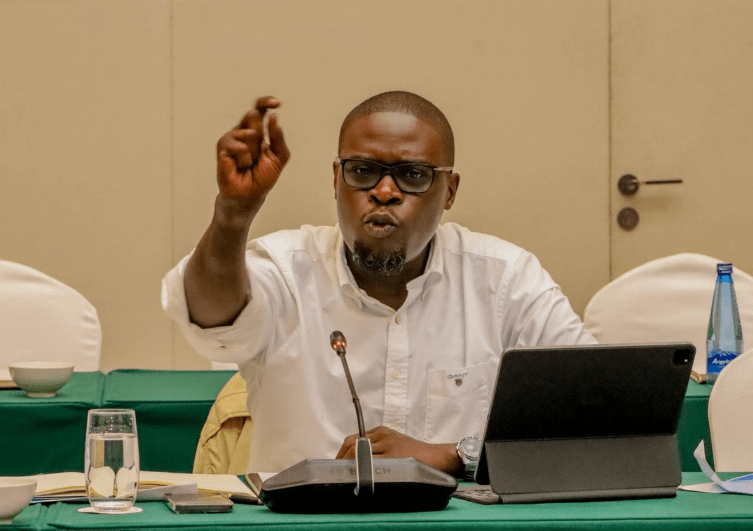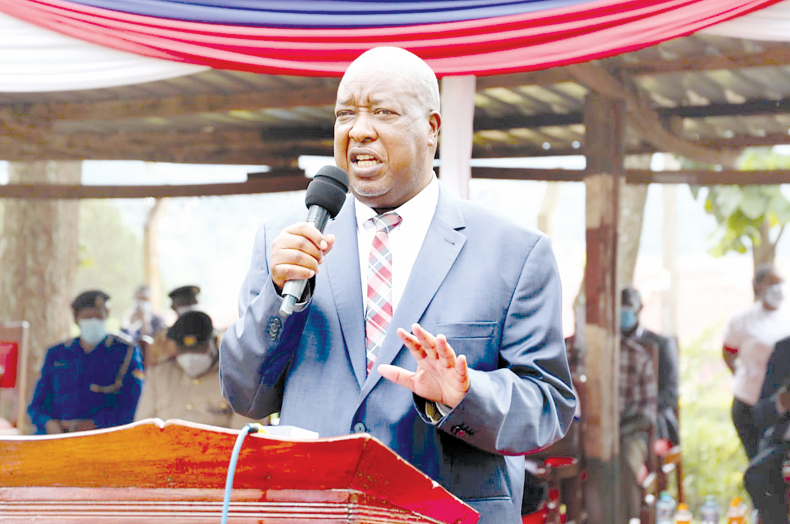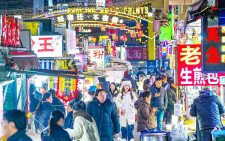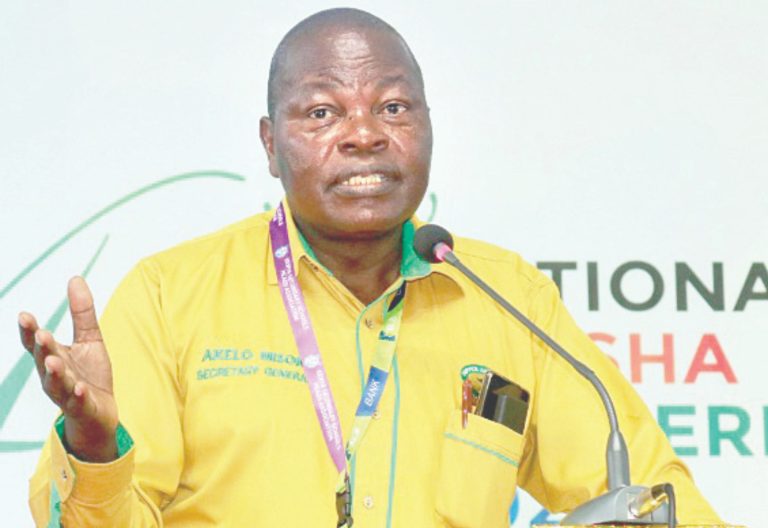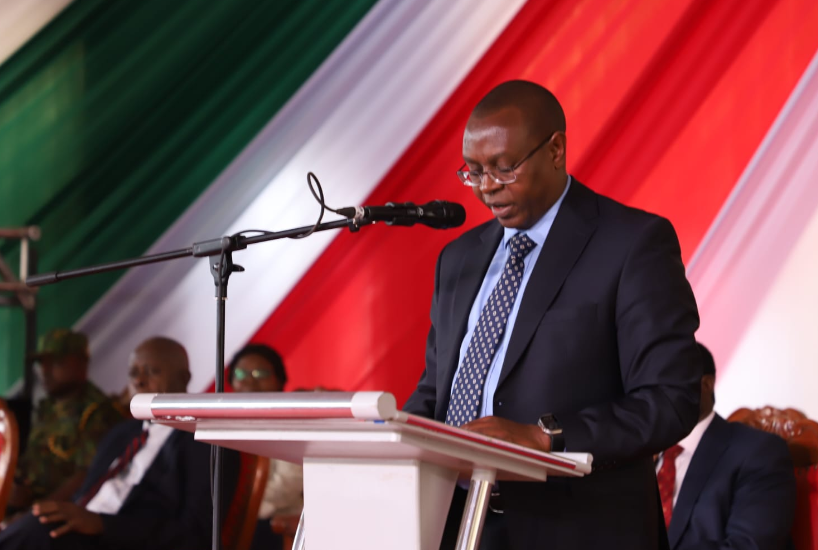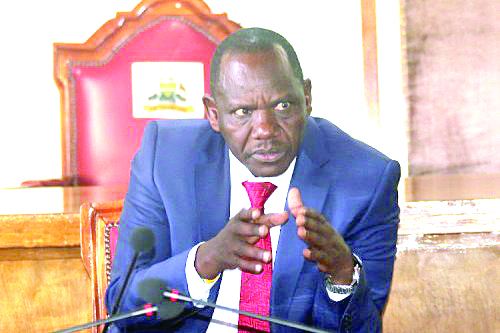Corona pandemic exposes our innovation potential
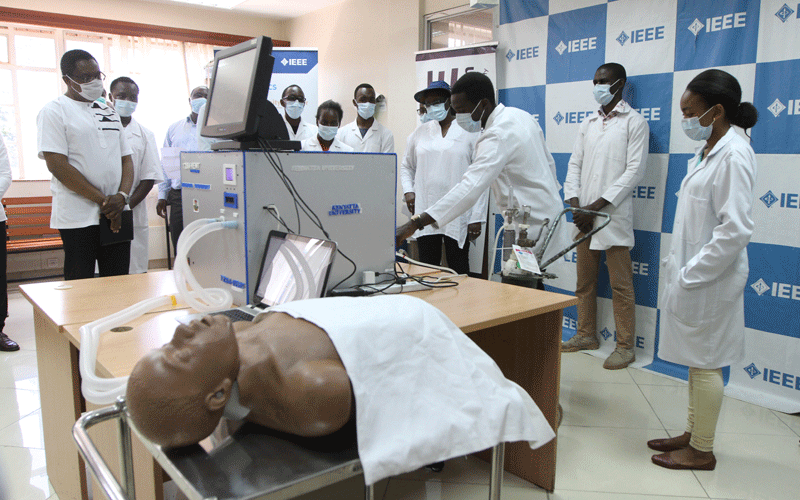
Necessity is the mother of invention. We are witnessing an increase in innovations as the world races to develop a vaccine for Covid-19.
Many law enforcement agencies across the globe are turning to Artificial Intelligence and related technologies for support in surveillance and detection capabilities.
Spain is using drones to patrol and enforce quarantine and broadcast audio messages to the public, encouraging them to stay at home.
We have also seen private companies come together to share information and create prototypes of critical medical and non-medical items.
Facebook, Google and Twitter have partnered to fight misinformation about Covid-19.
Additionally, new ideas to minimise the spread of the virus, such as hand-free door handles, are being developed and prototypes shared free through the Internet.
Kenya has not been left behind. Paul Kariuki and Simon Kairu from Thika made a locally assembled ventilator in a record four days.
Their innovation can be used in any part of the country because it can operate using battery power and does not entirely depend on electricity.
A group of engineering students in Kenyatta University’s Institute of Electrical and Electronics Engineering (IEEE) Society is working on designing a low-cost open-source ventilator.
The group seeks to bridge the shortage of mechanical ventilator machines.
Technical University of Mombasa has come up with a spray sanitiser system that releases mists of disinfectant to pedestrians.
Local industries have also shifted their production lines to manufacture Personal Protective Equipment (PPE) and develop ventilator prototypes among other essential items.
The disruption of the global supply chain due to coronavirus has pointed to gaps that Kenyans have incredibly provided solutions to as demonstrated above.
Furthermore, the government’s decision to source PPE from local manufacturers has also pointed to our capacity to fill gaps arising from the disruption.
How then do we support local industries and innovations even after Covid-19? Are the current initiatives sufficient to nurture a thriving industry? What are the gaps and how can we fill them?
First, the government must develop policies that support local industries. Despite the government’s commitment to support local industries, an unpredictable policy environment disrupts industrial operations.
Our industrial policies have also been inconsistent. In other occasions, policies have not always been diligently implemented hence undermining our industrialisation goals.
Second, we need a variety of well funded innovation hubs that enable multi-sector collaboration to spur innovation and growth.
For startups, achieving success and growth depends on a support network and ecosystem in which to collaborate.
Whilst the government has continued to demonstrate its desire to engage the youth in innovation using new policies, sufficient budgetary allocations for research and development, and incubation centres remain a challenge.
As a result, many ideas do not reach the production stage due to inadequate support.
Third, we need to support Kenyan-made products. In any country, the government is the largest consumer of goods and services hence, the greatest opportunity for the sector, particularly SMEs, lies in public procurement.
It is also important that the public and private sectors create awareness on locally manufactured products and encourage consumers to buy local.
This entails affirming our commitment to building, creating, adding value and taking pride in the products that we make.
We are at a tipping point. The shifts in our way of life being introduced as part of the fight against Covid-19 might be the new normal.
Hence, we must find our way to sustain ourselves for the long haul. This calls for increased collaboration and political goodwill to nurture local talents and grow resilient local industries.
— The writer is CEO of Kenya Association of Manufacturers —[email protected]

